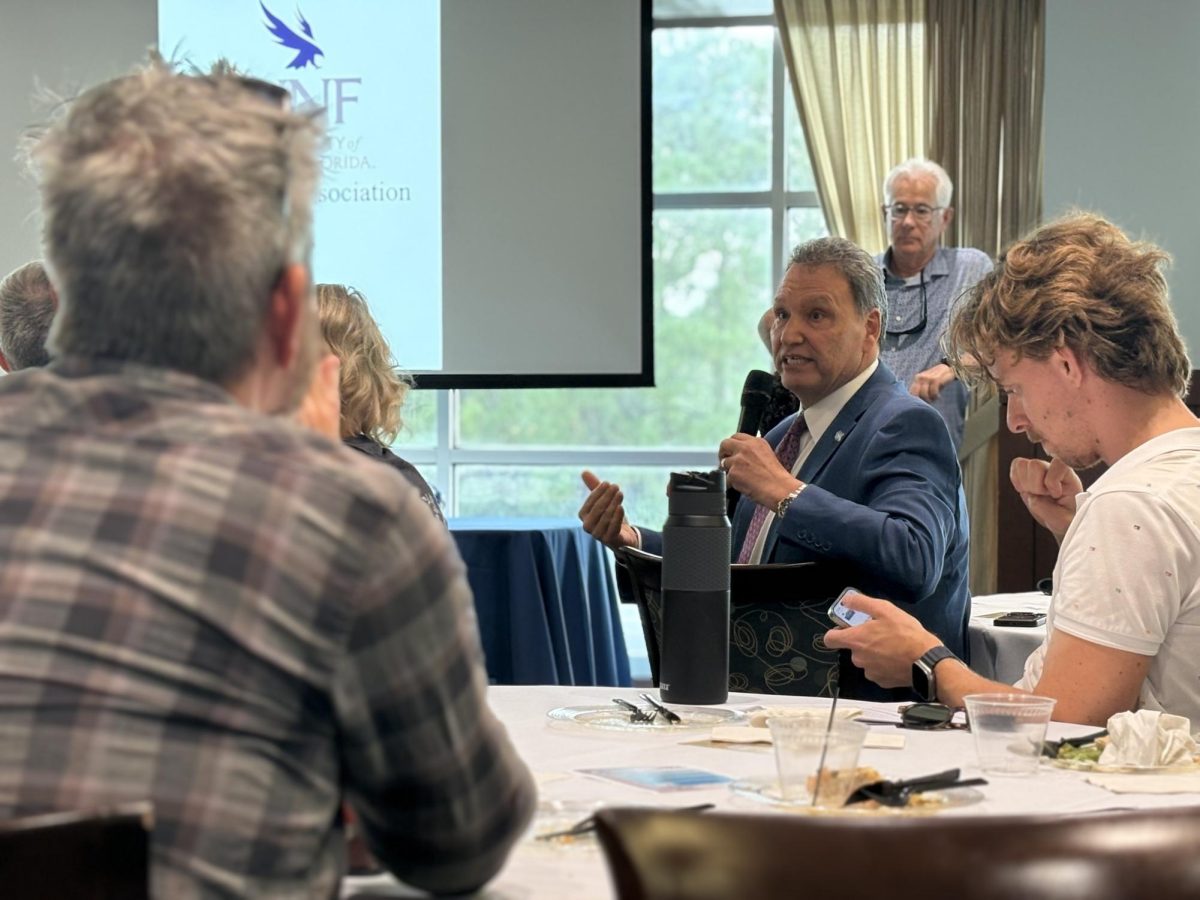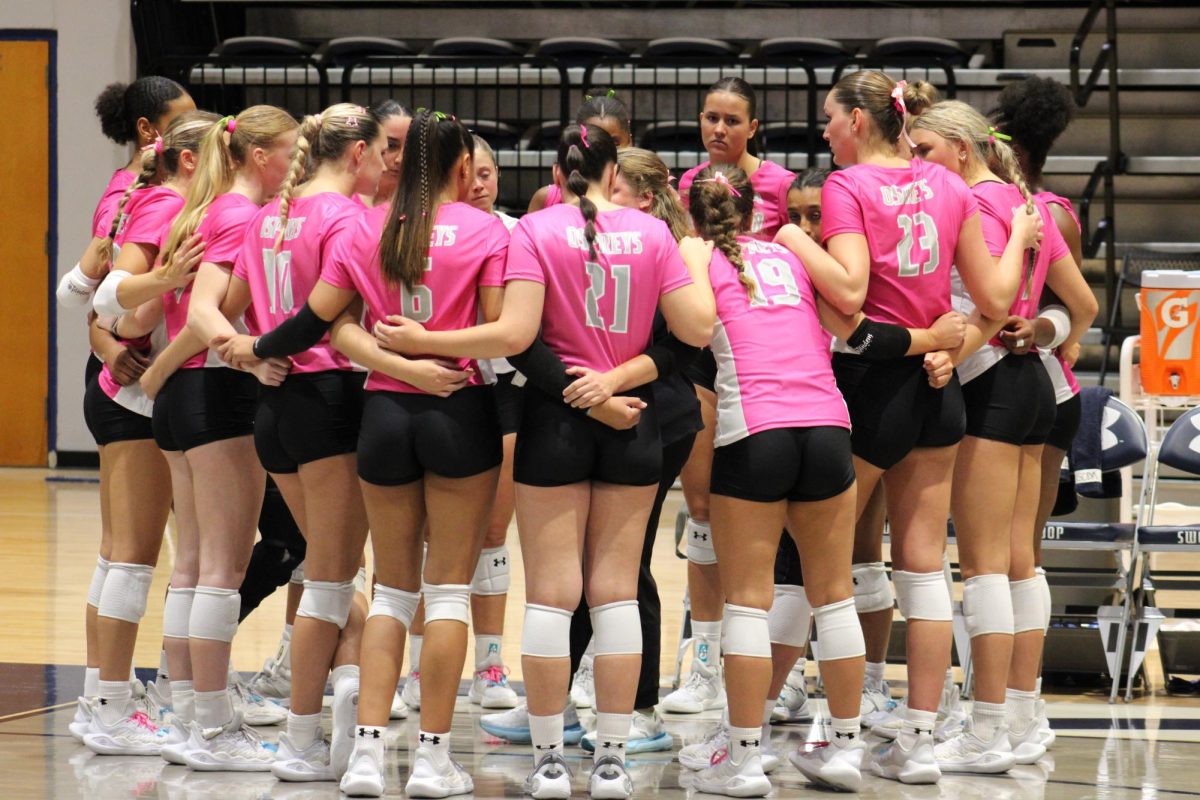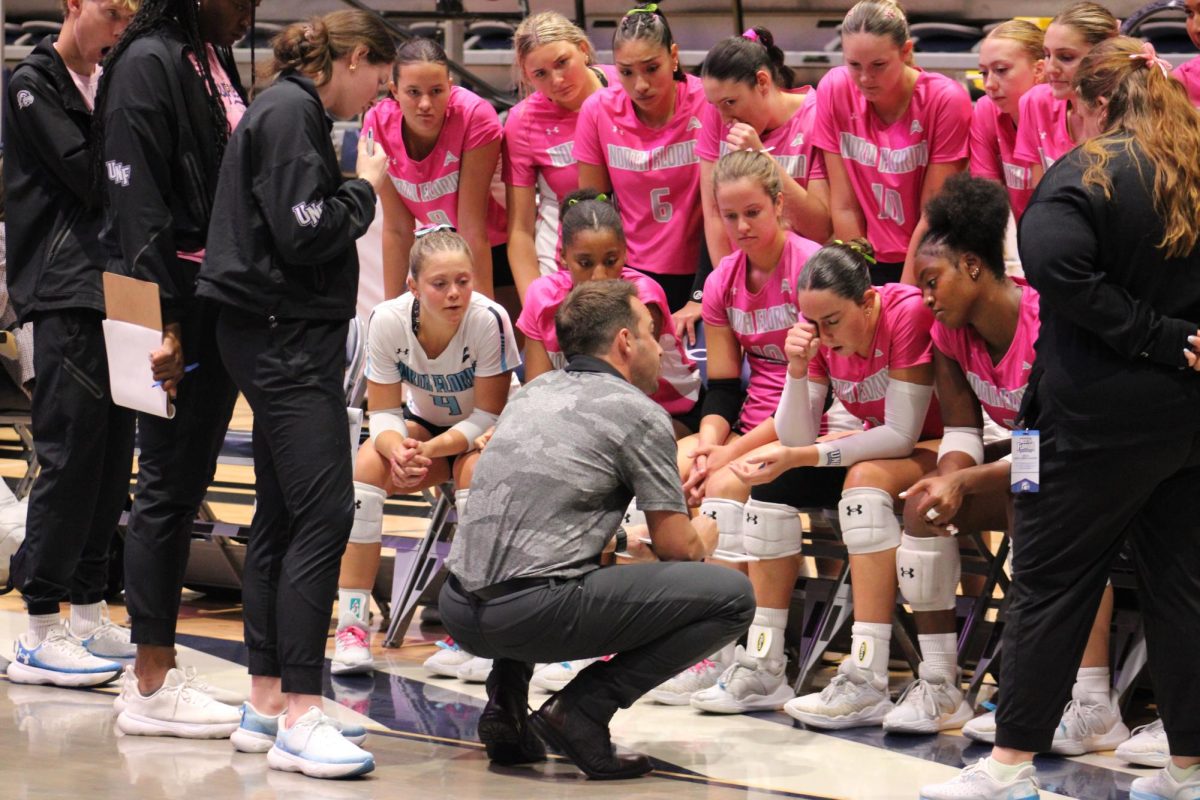The roles and rules of internships in the lives of students have been changing as the economy changes, even though they’ve been a vital, even required, part of students’ majors for years.
Though an internship is essentially a full or part-time job in the real world, many companies and students have been recently faced with limited budgets for internship programs.
Nationwide, the number of internships available has dropped 21 percent from last year, according to the National Association of Colleges and Employers in Pennsylvania.
Officials at many companies must choose to cut their internship programs altogether, to pay less or to pay nothing at all for the time and effort students put into the job.
Target has been able to find the wiggle room to continue paying their employees, and Victor Rota, group campus recruiter for Target, said it’s worth it in terms of recruiting for future careers.
“We get a lot of great talent,” Rota said. “Seventy to 80 percent of them come back to work for us, so the return on the investment is there.”
UNF junior finance major Carly DeWitt interned as a center agent control processor at Merrill Lynch and was paid for her work.
“I respect the company a lot more because they paid me. I did exactly what everyone else did, so I think I deserved to get paid,” she said.
Though DeWitt appreciated the money, she was worried during the interview process that the company couldn’t afford to hire her, she said.
“It took them a long time to get back to me because they didn’t know if they had the money for internships,” she said. “[But] I would have done it even if they didn’t pay me.”
The idea of free work is the basis behind the onslaught of unpaid internships. Students’ services are volunteer-based and are meant to provide learning opportunities students would otherwise not be able to receive in the classroom.
“We used to pay, but we’re not doing that anymore,” said Tom Triozzi, senior vice president of BankAtlantic, which stopped paying interns in 2008. “We ask them to work for free for a great work experience.”
Students jump on this opportunity simply because it’s the kind of experience future employers might look for on a résumé, college senior and unpaid intern Kristina Webb said.
“I know that if I don’t [intern], it’s going to be harder for me to get a job in the future,” she said. “It’s really frustrating … but it’s definitely worth it.”
Though some companies have stopped paying or have cut internship programs altogether, research done by the association of colleges and employers has proved that paying companies are paying more than usual, as the average hourly wage for interns has increased to $17.13, up 5 percent.
“That reflects an understanding that interns may need more money than they did before,” said Carolyn Wise, senior education editor for Vault Inc., career information provider and publisher of The Vault Guide to Top Internships.
Any student in any economy needs money to live on, and students who accept unpaid internships accept the fact that they will have to find a way to pay the bills.
Webb, as an example, has a second job as a pet-sitter, she said.
Wise said she encourages students to ask for help no matter what the situation.
“Sometimes companies will work with you to ease the financial burden. There are also a number of colleges that offer summer fellowships to cover internship expenses,” she said.















